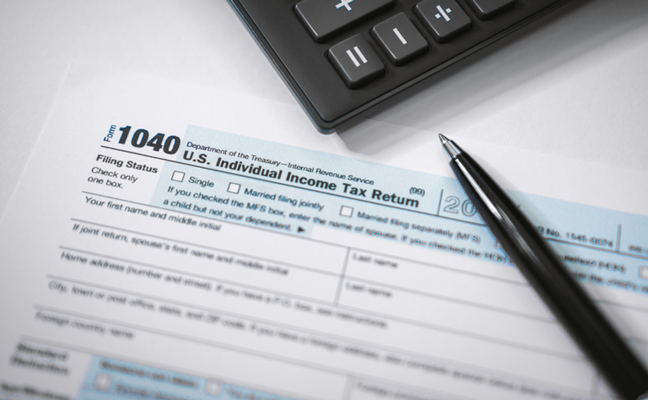
PHOTO: SOULMEMORIA/ISTOCK / GETTY IMAGES PLUS/GETTY IMAGES
With a delicate economy and an ongoing pandemic, I don’t think the newly installed Biden Administration will support a tax-increase agenda in 2021. That said, it’s prudent for pest management professionals (PMPs) to be aware now of five proposed tax changes, and how they may affect the industry when they get further into the pipeline.
1. Higher maximum individual tax rate. At press time, there’s a proposal to raise the top individual tax rate on ordinary income and net short-term capital gains to 39.6 percent, which was the top rate before tax reform lowered it to 37 percent for 2018–2025. However, the current plan calls for no increased taxes “on anyone making less than $400,000 a year.”
2. Limit on tax savings from itemized deductions. One proposed plan would limit the tax benefit of itemized deductions to 28 percent for upper-income individuals. In other words, each dollar of allowable itemized deductions could not lower your federal income tax bill by more than 28 cents, even if you are in the proposed 39.6 percent maximum tax bracket. Also, for upper-income individuals, the prior rule that reduced total allowable itemized deductions above applicable income thresholds will be reinstated. Note that there seems to be some bipartisan support to repeal the current $10,000 cap on itemized deductions for state and local taxes. This could be huge for those living in states that have high income and real estate taxes.
3. Higher maximum tax rate on individual long-term capital gains. Higher-income individuals also would face increased federal capital gains. Under current law, the maximum effective federal income tax rate on net long-term capital gains recognized by individual taxpayers is 20 percent. Under a proposed plan, net long-term capital gains collected by those with incomes above $1 million would be taxed at the same 39.6 percent proposed maximum rate that would apply to ordinary income and net short-term capital gains. Keep in mind, that would be almost double the current maximum effective rate of 20 percent. Although most PMPs do not have personal annual incomes of more than $1 million, in the year of a business sale, that number easily could be dwarfed.
4. Higher Social Security taxes (withholding taxes) for upper-income individuals. Under current law, the 12.4 percent Social Security tax hits the first $142,800 of 2021. Employees pay 6.2 percent via withholding from paychecks, and employers pay the remaining 6.2 percent. Self-employed individuals pay the entire 12.4 percent out of their own pockets via the self-employment tax. The Biden tax plan would restart the 12.4 percent Social Security tax on wages and net self-employment income above $400,000. This is the so-called “donut hole” approach to increasing the Social Security tax.
5. Elimination of basis step-up for inherited assets. Under current law, the federal income tax basis of an inherited asset is stepped up to fair market value as of the decedent’s date of death. So, if heirs sell inherited capital-gain assets, they only owe federal capital gains tax on the post-death appreciation, if any. This provision can be a huge tax-saver when talking about a greatly appreciated inherited asset, such as business assets from parents acquired many years ago. This is a “biggie,” so you should discuss these prospects with your tax advisor.
While no one knows what the future tax laws will ultimately look like, PMPs are wise to stay well read and understand the implications for their personal situations.
GORDON owns PCO Bookkeepers, an accounting and consulting firm that caters to pest management professionals throughout the United States. He can be reached at dan@pcobookkeepers.com.
The post 5 proposed taxes that may affect PMPs appeared first on Pest Management Professional.
source https://www.mypmp.net/2021/03/03/5-proposed-taxes-that-may-affect-pmps/
No comments:
Post a Comment